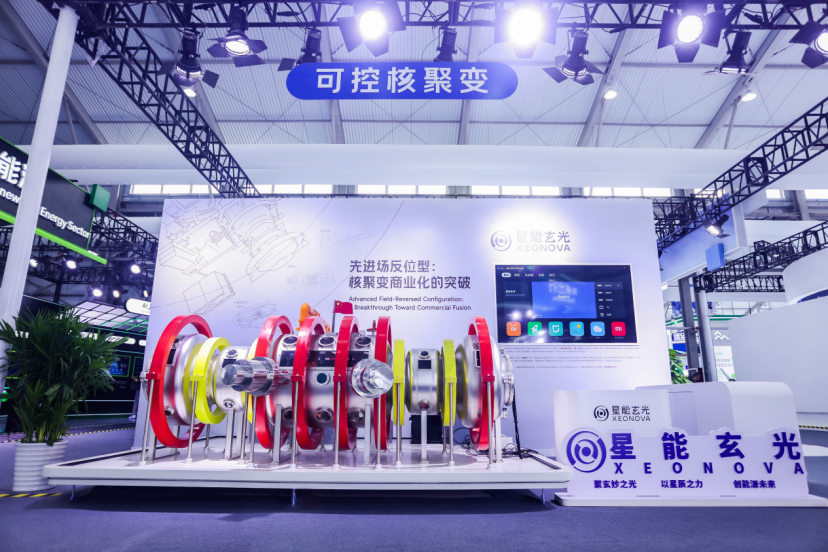Shanghai tech conference showcases AI in action


Wang said, "We also expect AI computing to have high electricity demand, which traditional electricity supply methods may not be able to meet, so our own demand is to power future AI data centers."
He also mentioned that AI can optimize plasma control in fusion reactors, an area previously relying on empirical methods.
China possesses notable strengths in the fusion energy supply chain, despite global competition, according to Wang.
"From a technology assessment by a team of Massachusetts Institute of Technology's Chinese alumni, our country has three advantages compared to other countries." These advantages include ultra-high voltage power transmission technology, thin-film superconducting materials, and tritium extraction.
Xeonova has ambitious goals, with plans to generate electricity from its fusion device within 5 to 10 years.
"Within 5 to 10 years, we want to achieve the first kilowatt-hour of electricity in our device," Wang said. "If this goal is achieved, we will be the first company in China to generate electricity from nuclear fusion."
- US kidnapping of Venezuelan president: No high-minded pretense, even an excuse is a cumber!
- No more disinformation on Xinjiang, the law of the jungle fails in here
- CPC calls for reinforced anti-corruption efforts during 15th Five-Year Plan period
- Two ancient chariots unearthed outside Emperor Qinshihuang's Mausoleum
- Shanghai unveils cultural tourism program for Spring Festival holiday
- Mainland open to collaborate with Taiwan parties, groups





































